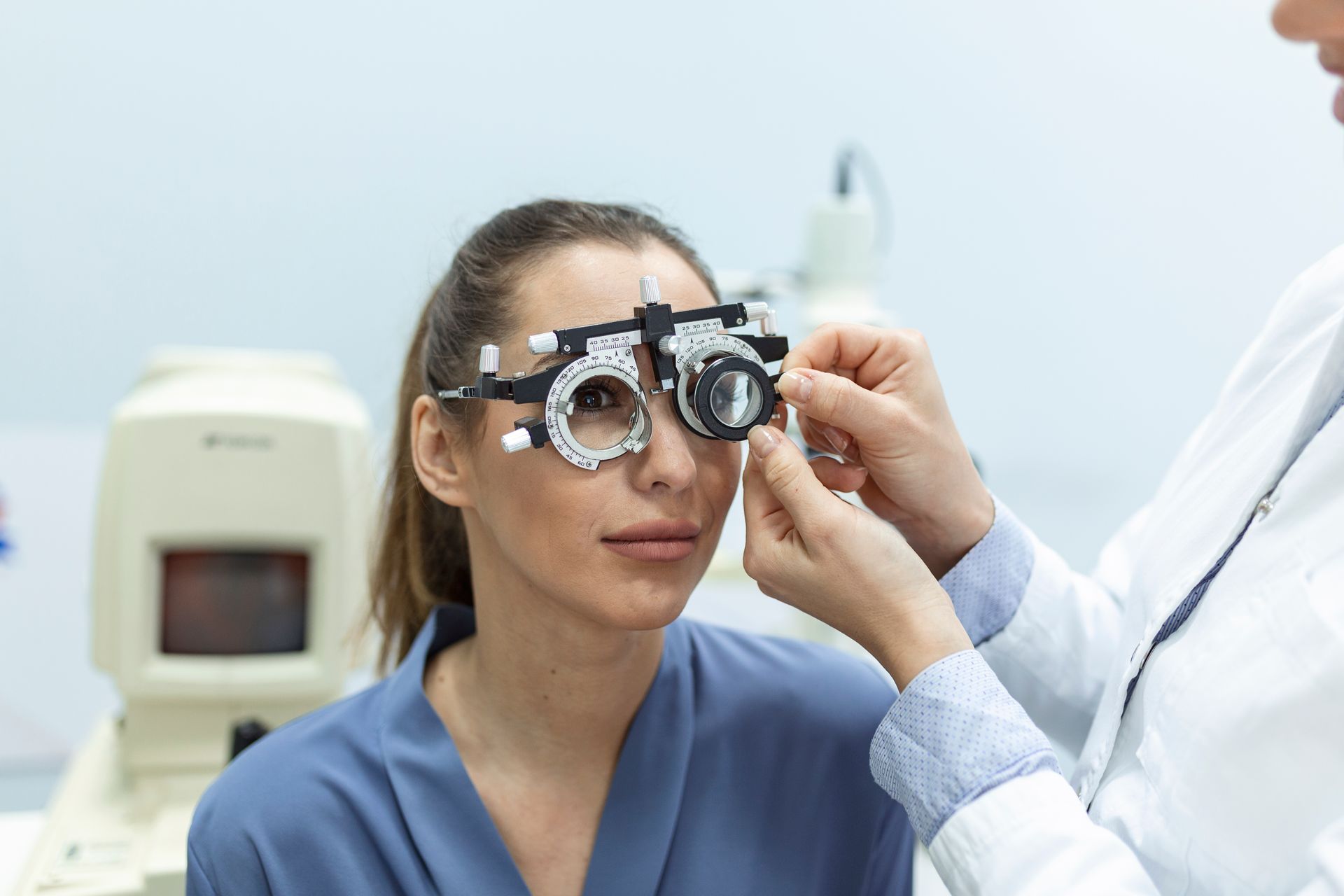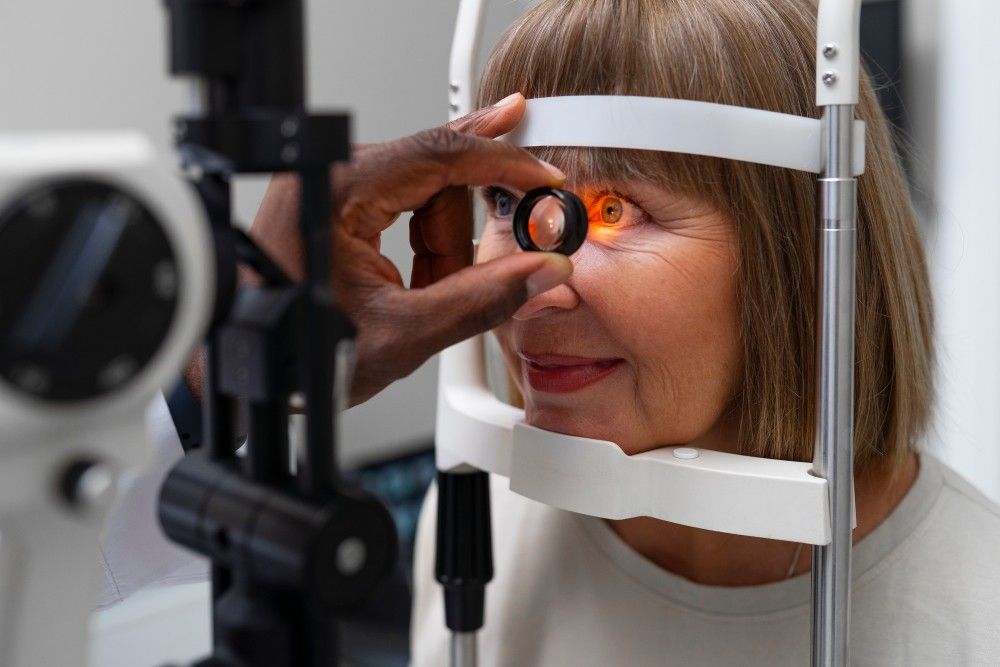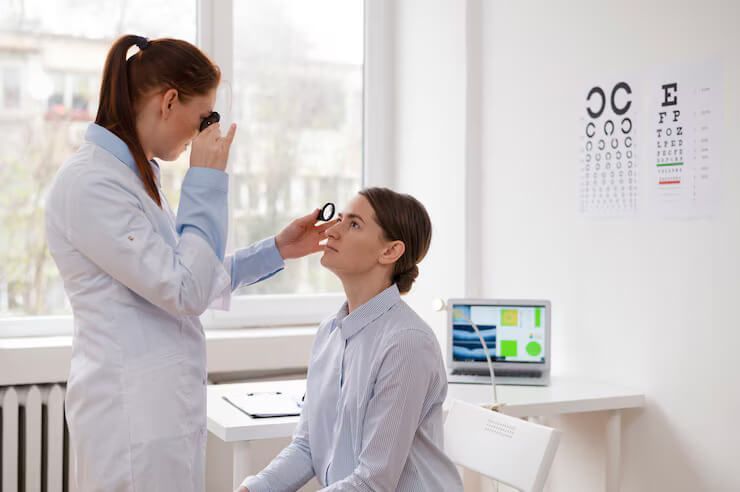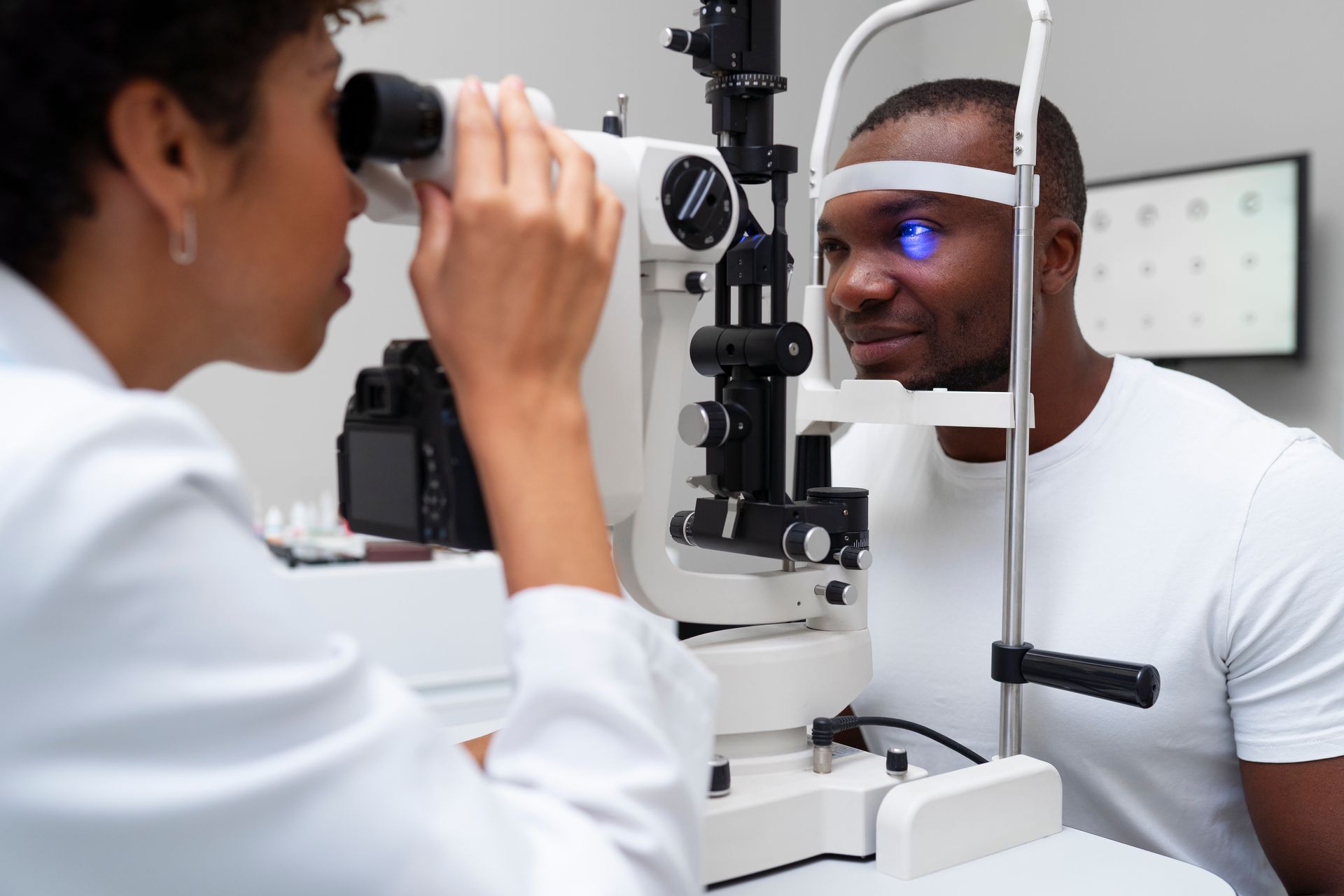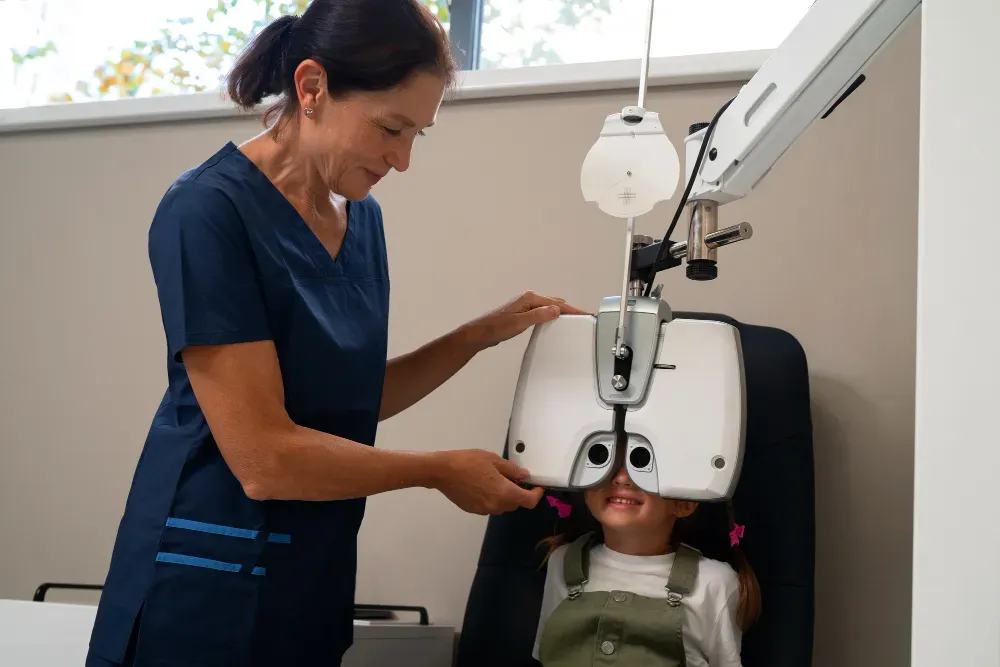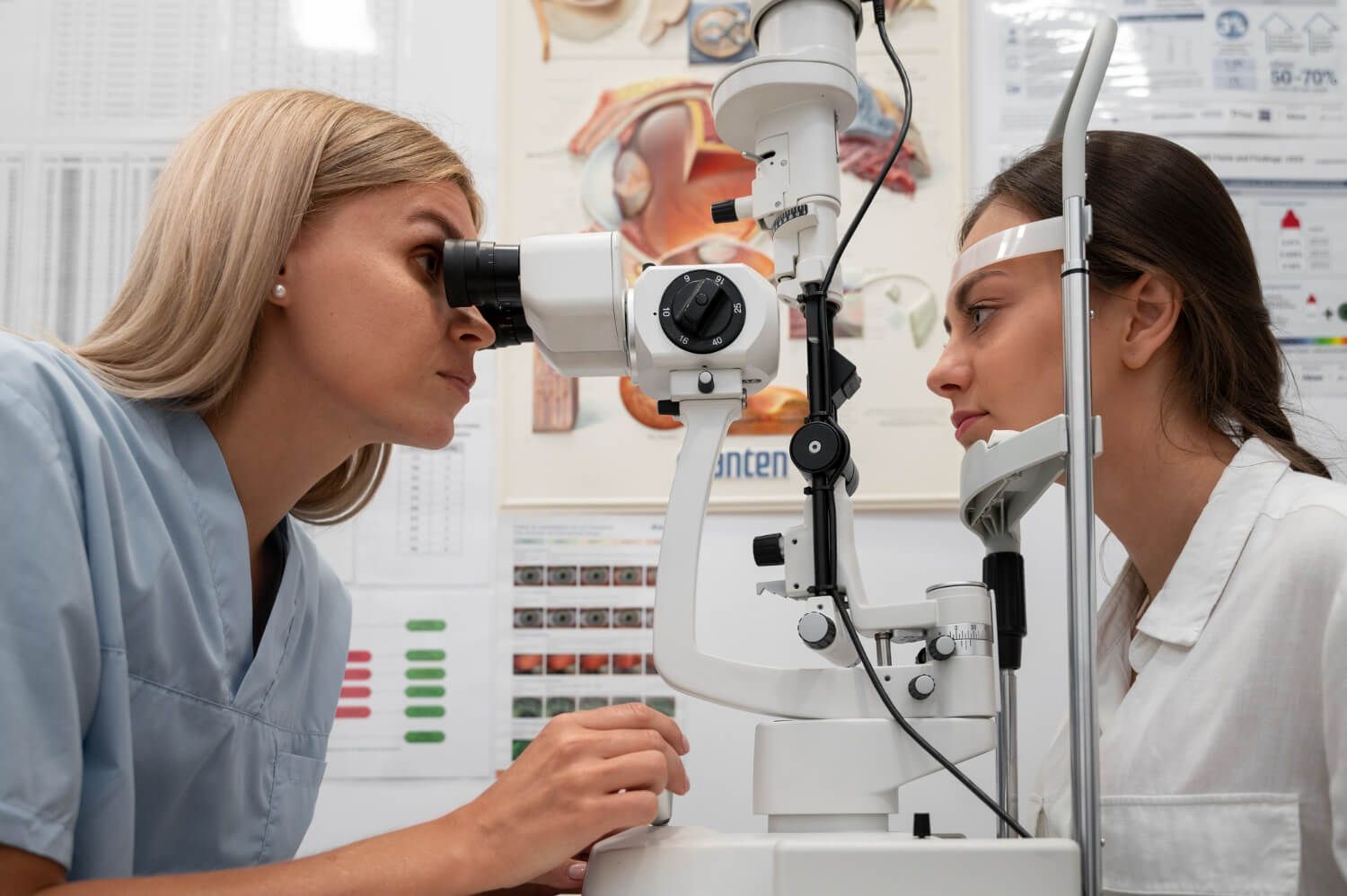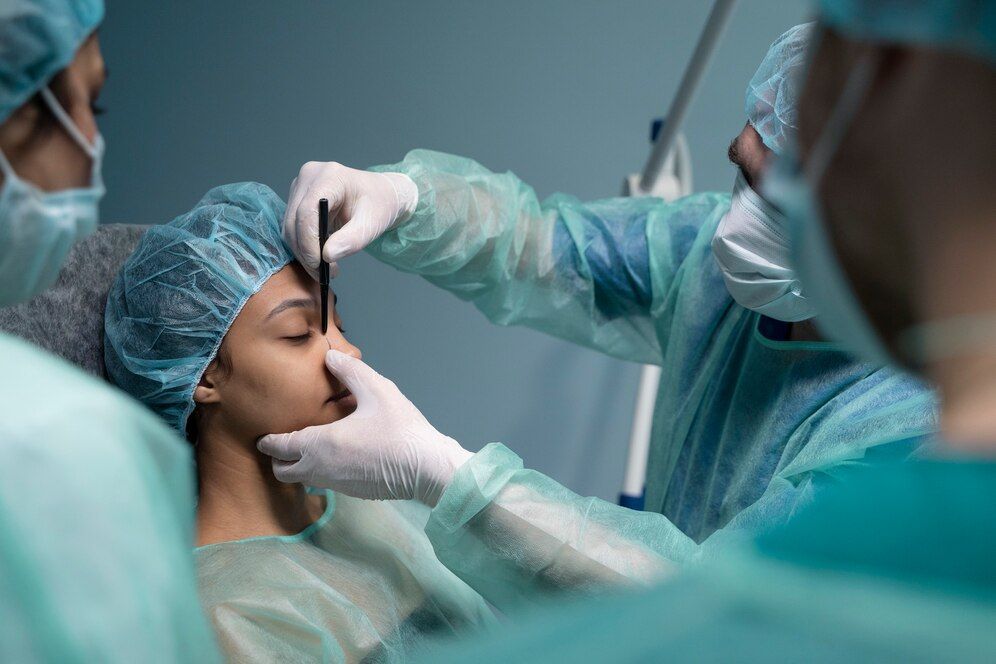Navigating the Path to Clear Vision: After Cataract Surgery Dos and Don'ts
Cataracts can cast a shadow over your world, but the good news is that cataract day surgery is a safe and effective way to restore your vision. At Hill Country Eye Center in Cedar Park near Austin, we understand the importance of a smooth recovery period after cataract surgery. In this blog post, we'll guide you through the essential dos and don'ts after cataract surgery to ensure your healing process is as comfortable and effective as possible.
What Foods Should You Avoid After Cataract Surgery?
Diet plays a role in your recovery after cataract surgery. Focus on foods that promote overall health and avoid those that can slow down your healing process. Here's what to consider:
Healthy Diet: Concentrate on a diet rich in fiber from whole foods, leafy green vegetables, and lean protein. These foods support your overall health and healing.
Avoid Harmful Foods: Steer clear of foods high in sugar and refined carbohydrates, such as bread, pasta, chips, and cereals. These foods can elevate blood glucose levels and potentially harm blood vessels in the eye, slowing down your recovery. Say no to processed and junk foods to support your healing journey.
How Long Should You Rest After Cataract Surgery?
The recovery period after
cataract surgery is relatively short compared to other eye surgeries. While individual healing times vary, most patients experience a noticeable improvement within the first 24 hours after the procedure. Here are some important points to consider in the first two weeks after surgery that will help your recovery time:
Avoid Driving:
Do not drive until at least a day after your surgery. Your vision may not be optimal immediately following the procedure, and it's essential to ensure your safety and the safety of others.
No Heavy Lifting or Strenuous Activities: It's best to avoid heavy lifting and strenuous activities during this initial recovery period to prevent any strain on your healing eye.
Swimming and Hot Tubs:
To prevent infections, refrain from swimming or using a hot tub for the first couple of weeks after surgery.
Avoid Eye Rubbing:
It's crucial to do your best to resist the urge to rub your eye(s) after surgery. Rubbing can interfere with the healing process and potentially cause complications.
Skip Eye Makeup and Face Cream: For the time being, avoid using eye makeup and consider skipping face cream or lotion to reduce the risk of introducing contaminants to your healing eye.
Protect from Irritants: To prevent irritation of the eyes, steer clear of settings with higher levels of dust, wind, pollen, and dirt. Your eyes are more sensitive during this period, so minimizing exposure to potential irritants is essential.
Wear Sunglasses:
On bright days, wear sunglasses to shield your eyes from excessive sunlight. This precaution may need to continue for up to a year after cataract surgery to protect your newly restored vision.
In the days following your surgery, it's quite typical to encounter mild swelling or inflammation of the cornea. These effects may present as a foggy, undulating, or slightly altered vision. To safeguard against potential infections and alleviate inflammation, your medical team will provide you with specialized, medicated eye drops.
It's worth emphasizing that even if you're
after-cataract surgery recovery appears smooth without any complications or if you believe your eyes have fully recuperated, it remains crucial to diligently adhere to your doctor's instructions. This includes faithfully following the prescribed eye drop regimen for the entire recommended duration. Remember, the complete healing of your eye may require some time, and unwavering compliance with your doctor's guidance is the key to a successful recovery.
How Should You Sleep After Cataract Surgery
Sleep is crucial for your body's natural healing processes, and this holds true for your eyes after cataract day surgery. To ensure a restful and safe night's sleep, follow these guidelines:
Use an Eye Shield:
Your surgeon will provide an eye shield, which should be worn during sleep, including naps, for at least the first week after your cataract surgery. This shield prevents accidental eye rubbing and shields your eye as it heals.
Choose the Right Sleeping Position: If you're a side sleeper, it's advisable to sleep on the non-operative side. This reduces the risk of applying pressure to the healing eye and ensures a more comfortable rest.
Address Discomfort: If you experience any eye pain or discomfort that affects your sleep, don't hesitate to reach out to your doctor. They can provide solutions and treatments to ensure you get the rest you need.
How Do You Wash Your Face After Cataract Surgery?
Maintaining your hygiene is essential, and you can continue to care for your face after cataract surgery. Here's how to do it safely:
Avoid Direct Eye Contact:
Refrain from exposing your eye to direct water contact for at least a week.
Wash Carefully: You can resume washing your face the day after your cataract surgery. Use a washcloth to clean your face gently, taking care not to touch your eyes. Do not splash water directly on your face.
Keep Your Eyes Closed: Always ensure your eyes are closed while washing your face, and avoid any rubbing of the healing eye.
Schedule Your Eye Consultation with Hill Country Eye Center Today!
As you embark on your post-cataract surgery recovery, remember that a smooth healing process is essential for the best results. By following these dos and don'ts, you can ensure a comfortable and efficient recovery while regaining clear vision. If you have any questions or concerns, don't hesitate to consult with your eye doctor at Hill Country Eye Center.
